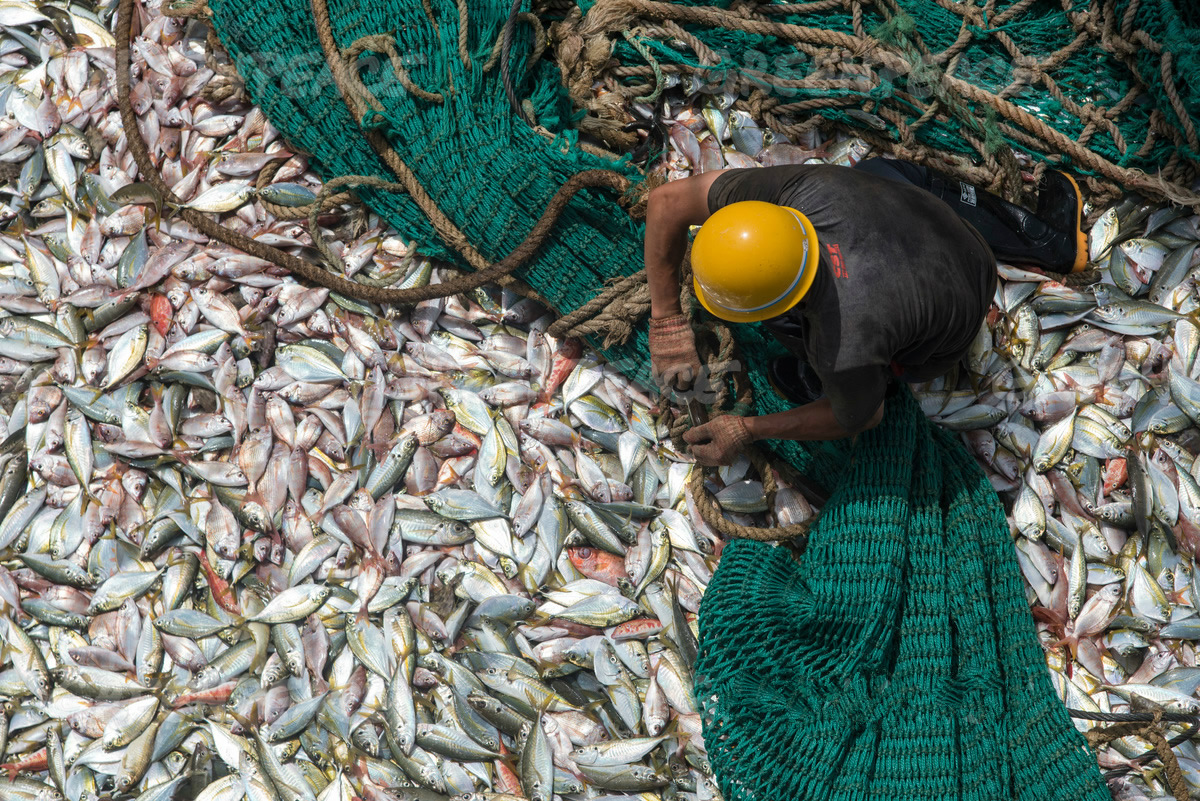Over the past few decades, Lithuania’s fishing industry has seen significant growth, contributing substantially to the country’s economy. However, this rapid development has come at a cost. Overfishing has emerged as a critical issue, leading to the depletion of fish stocks, disruption of marine ecosystems, and adverse effects on communities dependent on fishing. It is essential to address this problem to ensure the long-term sustainability of both marine resources and local economies.
The Impact of Overfishing
- Depletion of Fish Stocks: One of the most direct consequences of overfishing is the severe reduction in fish populations. Key species in the Baltic Sea, such as cod, herring, and sprat, have seen dramatic declines. According to reports from the International Council for the Exploration of the Sea (ICES), the stocks of Baltic cod have plummeted to dangerously low levels, threatening the species’ survival and the health of the ecosystem.
- Disruption of Marine Ecosystems: Overfishing disrupts the natural balance of marine ecosystems. The removal of large numbers of fish, especially top predators, can lead to cascading effects throughout the food web. This imbalance can cause shifts in species composition, with some species becoming overly abundant while others are pushed towards extinction. Such changes can weaken the resilience of the entire ecosystem, making it more vulnerable to other stressors like climate change and pollution.
- Economic Impact on Fishing Communities: Many communities in Lithuania rely on fishing as a primary source of income. The decline in fish stocks has led to reduced catches, directly impacting the livelihoods of fishermen and those involved in the processing and sale of fish products. This economic downturn can lead to increased poverty and social instability in these communities, highlighting the urgent need for sustainable fishing practices.
- Loss of Biodiversity: Overfishing contributes to the loss of marine biodiversity. Diverse ecosystems are more productive and can better withstand environmental changes. The decline in fish populations reduces the genetic diversity within species and the overall biodiversity of the marine environment, diminishing its ability to provide essential ecosystem services.
The Need for Sustainable Fishing Practices
To address the issue of overfishing, Lithuania must adopt and enforce sustainable fishing practices. This involves:
- Implementing Quotas and Regulations: Strict fishing quotas and regulations are necessary to prevent overexploitation of fish stocks. These measures should be based on scientific assessments to ensure they are effective in maintaining healthy fish populations.
- Promoting Responsible Fishing Methods: Encouraging the use of selective fishing gear and techniques that minimize bycatch (the capture of non-target species) can help protect marine biodiversity and reduce the impact on the ecosystem.
- Supporting Aquaculture: Sustainable aquaculture can provide an alternative to wild-caught fish, reducing pressure on natural fish stocks. Investing in environmentally friendly aquaculture practices can help meet the demand for fish without compromising the health of marine ecosystems.
- Enhancing Monitoring and Enforcement: Strengthening the monitoring and enforcement of fishing regulations is crucial. This includes investing in technology and resources to track fishing activities and ensure compliance with sustainable practices.
- Raising Public Awareness: Educating consumers and stakeholders about the importance of sustainable fishing can drive demand for responsibly sourced seafood. Public awareness campaigns can promote the benefits of choosing sustainably caught or farmed fish.
The overfishing crisis in Lithuania underscores the need for immediate action to protect marine resources and the communities that depend on them. By adopting sustainable fishing practices, Lithuania can help ensure the long-term health of its marine ecosystems and the economic stability of its fishing communities. It is a collective responsibility to safeguard the future of our oceans for generations to come.

Leave a Reply to 赵礼华 Cancel reply